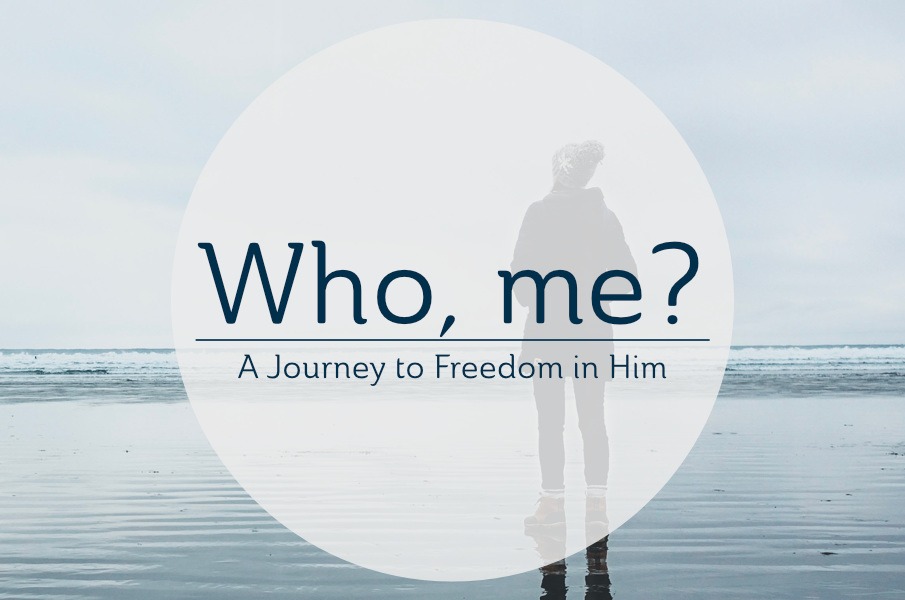
Who, me?

Responsibility is probably the greatest indicator of maturity. From the moment of birth, human life is a progression towards self-mastery. But ironically, attaining self-mastery is as impossible as it is required.
If I were to summarize my entire Christian experience it would be that I have both run towards responsibility and sought to evade it.
As a kid, I was the classic “I can do it myself” type of child. I was always chomping at the bit trying to gain permission to do things without assistance before I was really ready. Sometimes, this tendency gave me the appearance of being precocious – like when I memorized the noble gasses on the periodic table of elements at the age of seven because I heard someone say I needed to know that in High school. And at other times I paid the price of my inexperience – like when I burned the skin off my thigh while dismounting my dad’s motorbike (on the exposed exhaust) because I’d insisted four-year-old Esther didn’t need any help.
But although I eagerly ran towards specific responsibilities that indicated maturity and success, I just as eagerly avoided responsibility for things like personal guilt or the negative consequences of wrong choices. I repeated Adam and Eve, hiding my shame and guilt from prying eyes while proudly pointing out the fig leaf clothing I made “all by myself.”
The reality is, my life is littered with moments in which I clearly did the wrong thing but never admitted it.
I wanted responsibilities such as leadership in ministry, but when I fell flat on my face and failed in my very first leadership role, I blamed other people and victimized myself.
I carried the burden of bitterness for years towards someone who I sincerely felt had mistreated me. But on closer inspection, I had to admit that I had actually mistreated them.
I suffered many times because I was misunderstood and lonely, but the real problem was I had erected barriers in my friendships that prevented people from knowing me on a deeper level.
I’m not suggesting that every bad thing I’ve ever experienced was my fault. That would not be realistic. But I am suggesting that there lies within my humanity a discomfort with taking responsibility for negative things. In fact, I personally believe that we all struggle with this weakness to one degree or another.
After all, when was the last time you saw a Facebook debate end in, “Thank you for pointing that out. I was wrong.”?
When Adam and Eve sinned, there was introduced into the nature of humanity the desire to always be right and to never be wrong. To protect self at all costs. The great problem of sin is that it is more than a process of making choices. Humanity itself has become depraved and sin rises up from within us without our awareness. Jesus confronted human pride by declaring, “There is nothing outside a person that by going into him can defile him, but the things that come out of a person are what defile him.” (Mark 7:15) In other words our condition is an internal one that originates from within ourselves.
I have been learning that the key to freedom from sin is submission before the searching eye of God. To be forgiven we must confess but to confess we must know how we have wronged God. Freedom is to be able to pray: “Examine me, God, and know my mind, test me, and know my thoughts. See if there is any offensive tendency in me, and lead me in the eternal way.” (Psalm 139:23-24) The good news is that although “we are sinful by nature, Jesus’ perfection was one in which there was “no weakness or defect.” (RH May 27, 1884 par. 11) When I accept responsibility for my offenses and confess them, he has promised to accept responsibility for my salvation.
“By His own life of perfect obedience, Christ imputes to the believing soul His righteousness that meets all the demands of the law. At the same time, it exacts obedience of me and of you, so that we can stand before a holy, sin-hating God, and not feel his curse, because Christ our substitute and surety has obeyed the law and imputed to us his righteousness. We are complete in Christ.” (Letter 91, 1895 par. 8)
